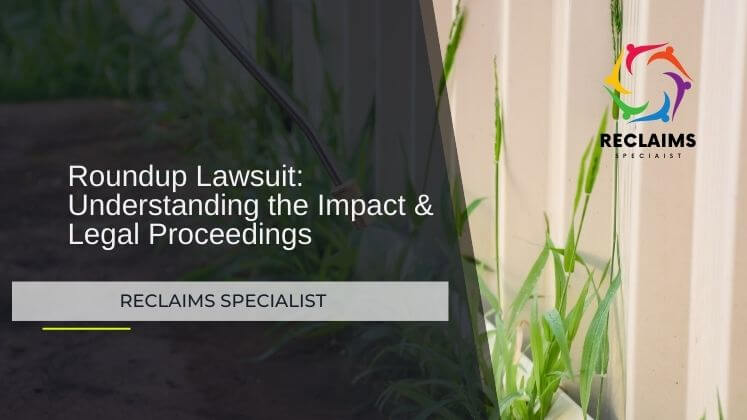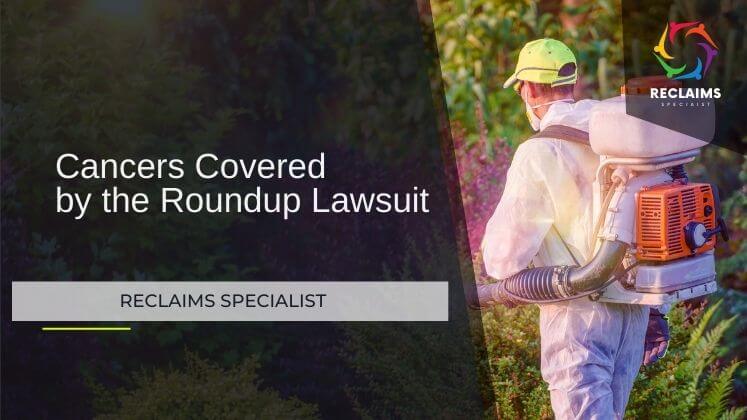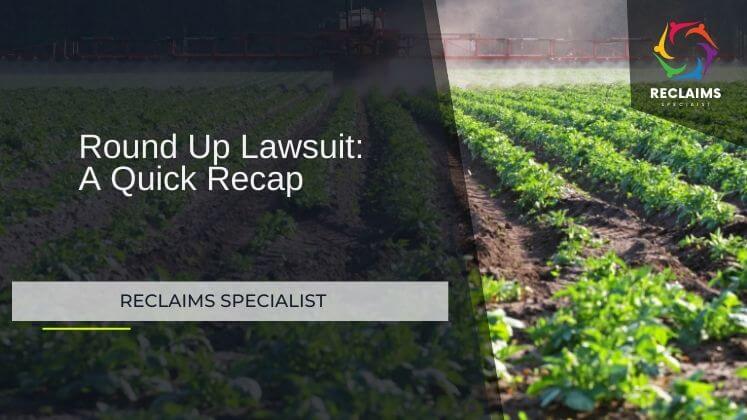Roundup, a widely used weed killer containing glyphosate, has been at the center of numerous lawsuits alleging that its use has led to the development of cancer, particularly non-Hodgkin’s lymphoma. This blog post provides an overview of the Roundup lawsuits, their status, and the key factors involved in pursuing legal action against Bayer, the current owner of Roundup.
As of May 2022, Monsanto (now owned by Bayer) has settled over 100,000 Roundup lawsuits, paying out approximately $11 billion. However, there are still around 30,000 lawsuits pending, including 4,000 cases in multidistrict litigation (MDL) in California. MDL cases consolidate similar lawsuits to streamline the resolution of common issues

Key Factors in Roundup Lawsuits:
Exposure to Glyphosate: Plaintiffs must establish a history of exposure to Roundup, typically through prolonged and frequent use.
Diagnosis of Non-Hodgkin’s Lymphoma: Most Roundup cases involve a diagnosis of non-Hodgkin’s lymphoma or another health condition potentially linked to glyphosate exposure.
Causation: Plaintiffs need to demonstrate a causal link between Roundup use and their cancer diagnosis. While the EPA suggests no direct link, the International Agency for Research on Cancer (IARC) aligns more with scientific evidence, highlighting a 41% increased risk of non-Hodgkin’s lymphoma due to glyphosate exposure.
Filing a Roundup Lawsuit:
To pursue a Roundup lawsuit, gather essential details regarding your health problems, medical records, and any evidence of Roundup exposure. It is advisable to consult with attorneys experienced in product liability and Roundup litigation,
Fill the following form and get the Complete guidance to the compensation amount.



